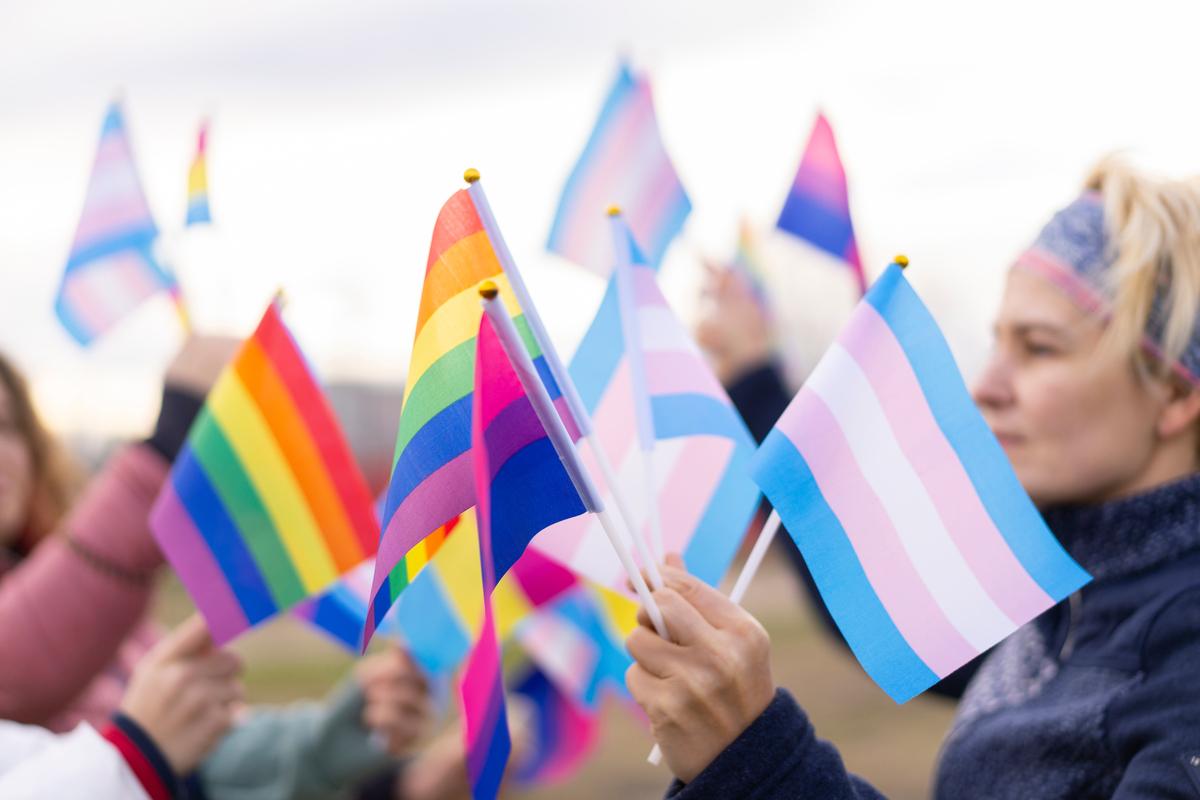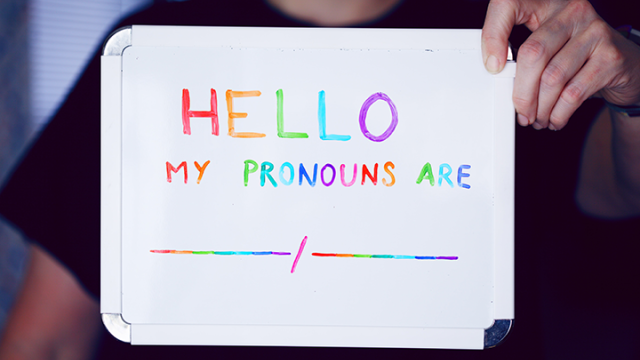INSIGHT
The History of LGBTQ+ Rights in the UK & What That Means for Business Travel

It’s easy to forget that so much has changed in such a short time.
It was only in 2001 that equal age of consent came into effect in England, Scotland and Wales, and in 2009 in Northern Ireland.
In 2004, same-sex couples were legally able to enter binding, or civil, partnerships. In 2013, new laws allowed same-sex marriages in England and Wales, followed by Scotland in 2014 and Northern Ireland eventually in 2020.
Trans people were given full legal recognition of their gender in 2005 under new legislation, meaning they could acquire a new birth certificate. However, the gender options are still 'male' and 'female'. Non-binary people still have no path to legal recognition in the UK. On 23 May 2022, Parliament debated a petition calling for a non-binary option to be included, which has been criticised by campaigners for its transphobic tropes and fear mongering, instead of focusing on gender recognition.
In 2010, the Equality Act gave LGBT employees protections from discrimination, harassment and victimisation at work.
Gender-neutral passports are currently still unavailable in the UK. Campaigner Christie Elan-Cane has been trying to get a passport with 'X' instead of 'M' or 'F' since 1995, and in December 2021 was rejected by the UK's Supreme Court.
In December 2022, Scotland's devolved government passed the Gender Recognition Reform bill, which allows residents to self-declare their gender without medical evidence or proof. The UK government has blocked the legislation, but the block will be challenged in court later in 2023.
After the Scotland bill was announced, Kemi Badenoch, Secretary of State for Business and Trade, and President of the Board of Trade and Minister for Women and Equalities, announced a review of the list of accepted overseas gender certificates in the UK. However, no countries have been added or removed from the list yet.
What does all this mean for corporate travel? Firstly, it should remind us that the fight for protection and empowerment of LGBTQ+ people is far from over, and that even with all of these landmark decisions and policies, there are still efforts to isolate and discriminate against the LGBTQ+ population.
Let’s take a look at some travel focused statistics.
LGBTQ+ Traveller Statistics
- LGBTQ+ travellers make up 7-10% of the travel industry, amounting to about $1 billion in the United States alone (CMI, 2020-2021).
- 32% of LGBTQ+ travellers feel they are treated differently due to their sexuality while on holiday (Virgin Holidays, 2016).
- 82% of LGBTQ+ travellers consider a destination’s laws before travelling for their holiday (OutOfOffice.com and Attitude, 2021)
- ...and three quarters ruled out destinations where homosexuality is illegal. (OutOfOffice.com and Attitude, 2021)
What’s next for LGBTQ+ business travel
LGBTQ+ citizens around the world are still nervous about travel, despite an urge to do so. It is vital for the success and inclusivity of corporate travel programmes to include LGBTQ+ views and concerns in business travel policies and procedures. Consider starting an employee resources group, surveying employees anonymously, or appointing a head of DEI to focus a lens on LGBTQ+ needs. To make a change, we’ll all need to work together.

